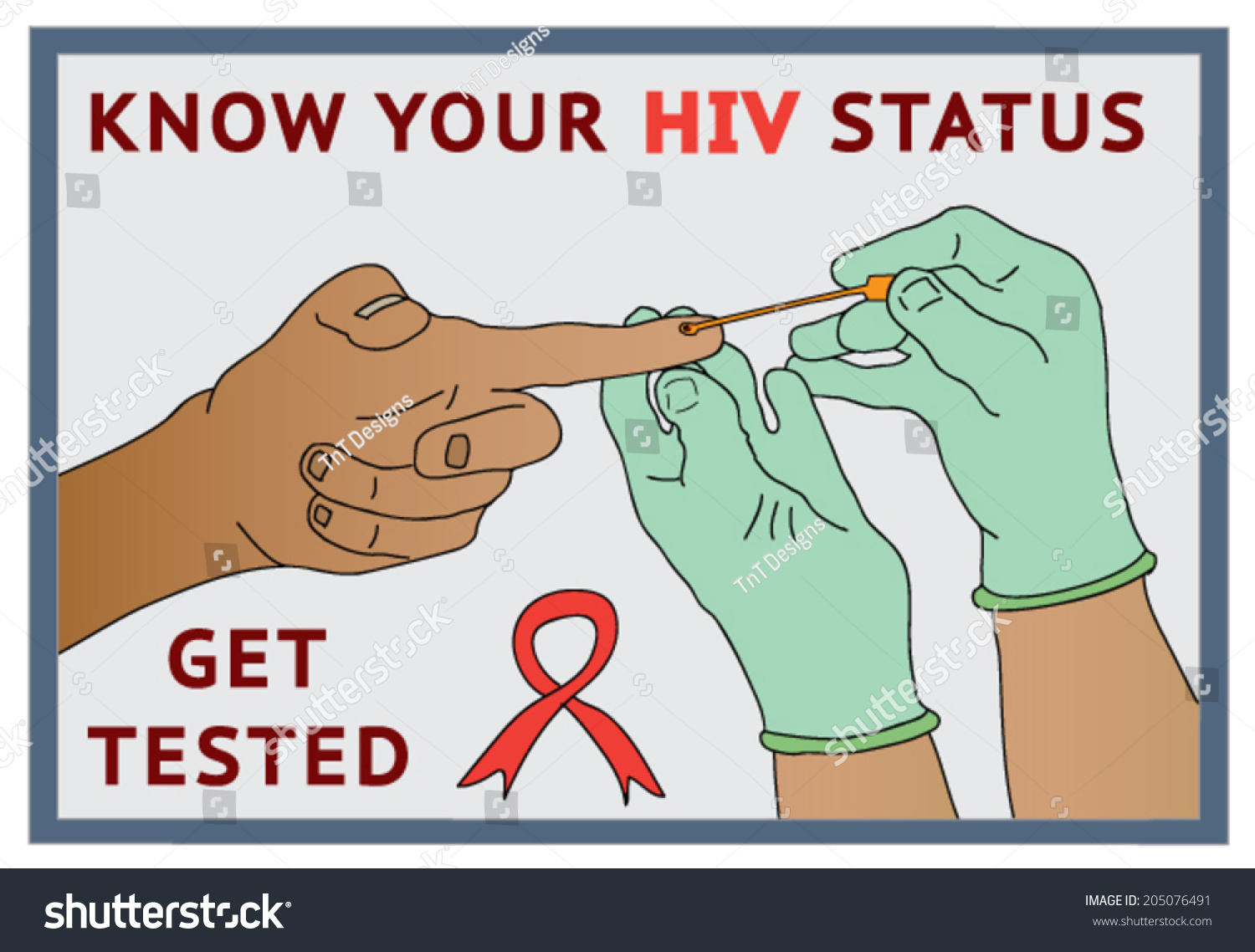This unit standard specifies the competencies required to demonstrate basic awareness
of HIV and AIDS. It includes the nature of HIV and AIDS, and transmission and ways of
minimising infection, ways of ‘positive living’ with HIV and AIDS, ARV treatment,
workplace issues related to HIV and AIDS, and the impact of HIV and AIDS on the
workplace and the national economy. This unit standard is intended for people requiring
basic awareness on HIV and AIDS.
- Trainer: Eunice Nchindo

Demonstrate basic knowledge about HIV and AIDS
This unit standard specifies the competencies required to demonstrate knowledge of HIV and AIDS. It includes the nature of HIV and AIDS, and transmission and ways of minimizing infection. This unit standard is intended for people requiring knowledge of HIV and AIDS in order to engage in paid employment, other forms of work and/or vocational education and training.
- Charlene: Ferdinand Malwa

Special Notes
HIV and AIDS poses a key challenge to individuals as well as businesses and industry in Namibia. Awareness of the effects of HIV and AIDS on people and the workplace is critical in mitigating the impact and minimising the spread of the disease.
Glossary of terms:
- 'HIV' means Human Immuno-deficiency Virus
- ‘AIDS’ means Acquired Immune Deficiency Syndrome
- ‘STDs’ means Sexually Transmitted Diseases
- ‘Prophylaxis’ refers to any medical or public health procedure whose purpose is to prevent, rather than treat or cure, disease
- ‘Window period’ refers to the period of time in which the body of an HIV infected person has not yet produced antibodies and as a result the blood test can not detect the presence of the HI-virus.
- ‘Sero-conversion’ refers to the period of time in which the body of an HIV infected person has produced antibodies against the HI-virus. At that stage the HI-virus can be detected through a blood test
- ‘Asymptomatic’ refers to the period of time in which the body of an HIV infected person is not showing any sign and symptoms of HIV-infection
- ‘Symptomatic’ refers to the period of time in which the body of an HIV infected person is showing signs and symptoms of HIV-infection
- ‘Full-blown AIDS’ refers to the period of time in which the immune system of an HIV-infected person is destroyed by HIV. Therefore the body can easily get infected with other different diseases or infections.
- Trainer: Joyleen Machiwana
- Trainer: Serafina Mbeha

Special Notes
- HIV and AIDS poses a key challenge to individuals as well as businesses and industry in Namibia. Awareness of the effects of HIV and AIDS on people and the workplace is critical in mitigating the impact and minimising the spread of the disease
- Glossary of terms:
- 'HIV' means Human Immuno-deficiency Virus
- ‘AIDS’ means Acquired Immune Deficiency Syndrome
- ‘ARV’ means Anti Retroviral and refers to the treatment used to prolong the lives of HIV-infected people.
- ‘Positive living’ refers to lifestyle changes to maintain health and well-being of HIV-infected people.
- ‘GDP’ means Gross Domestic Product and refers to one of several measures of the size of a country’s economy.
- Trainer: Joyleen Machiwana
Trainees will be required to possess knowledge on the nature of living with HIV/AIDS.
- Trainer: Jonas Magdalena
A core module that is offered to all trainees in exception so that they may acquire HIV/AIDS knolwdge.
- Trainer: Eunice Nchindo